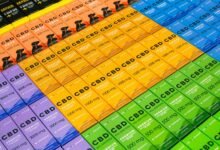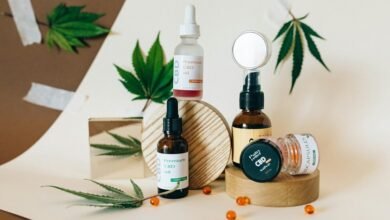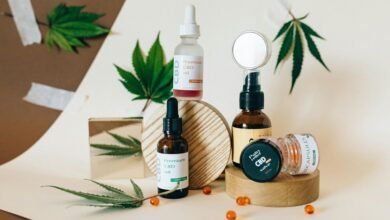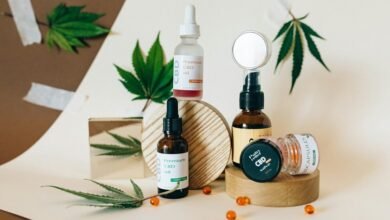Does Cbd Oil Show up on a Drug Test
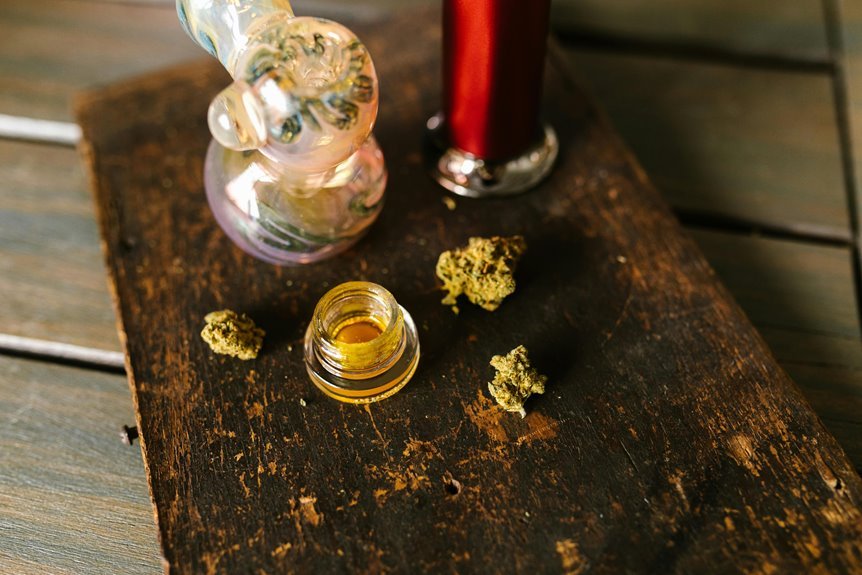
CBD oil is often considered safe from drug tests, primarily because standard tests target THC. However, the presence of trace THC in some CBD products raises concerns about potential positive results. Various factors, including the test type and individual metabolism, can further complicate outcomes. Understanding these nuances is crucial for users navigating the complexities of CBD and drug testing. What continues to perplex many is how to effectively choose products that minimize risks.
Understanding CBD and THC: The Key Differences
Cannabidiol (CBD) and tetrahydrocannabinol (THC) are two primary compounds found in the cannabis plant, each with distinct properties and effects.
CBD offers various benefits, including relief from anxiety and inflammation, without the psychoactive effects associated with THC.
In contrast, THC effects include euphoria and altered sensory perceptions.
Understanding these differences helps individuals make informed choices regarding cannabis use and its implications.
How Drug Tests Detect THC and CBD
Drug tests primarily focus on detecting THC, the psychoactive component of cannabis, rather than CBD.
Various drug test types, including urine, blood, and saliva tests, utilize different testing methods to identify THC metabolites. These methods vary in sensitivity and detection windows, often leading to positive results for THC while CBD remains largely undetected.
Understanding these distinctions can empower individuals to make informed choices regarding cannabis use.
Factors That Influence Drug Test Results
While various factors can influence drug test results, the most significant include the type of drug test administered, the individual's metabolism, frequency of cannabis use, and the potency of the products consumed.
Different testing methods can yield varying results, impacting legal implications for users.
Understanding these factors is crucial for individuals seeking to navigate the complexities of drug testing and cannabis consumption responsibly.
Choosing CBD Products: What to Look For
When selecting CBD products, it is essential to consider several key factors to ensure quality and safety.
Product purity should be verified through third-party lab testing, confirming the absence of contaminants.
Additionally, consumers should follow dosage recommendations provided by manufacturers to achieve desired effects while minimizing risks.
Careful evaluation of these elements empowers individuals to make informed choices regarding their CBD use.
Conclusion
In conclusion, while CBD oil is unlikely to show up on standard drug tests, the potential presence of trace THC in some products can create uncertainty. Users should tread cautiously, akin to navigating a tightrope, balancing the benefits of CBD with the risk of unexpected test results. By selecting high-quality, third-party tested products, individuals can mitigate these risks and make informed decisions about their CBD use. Careful consideration is essential for those facing drug testing scenarios.

